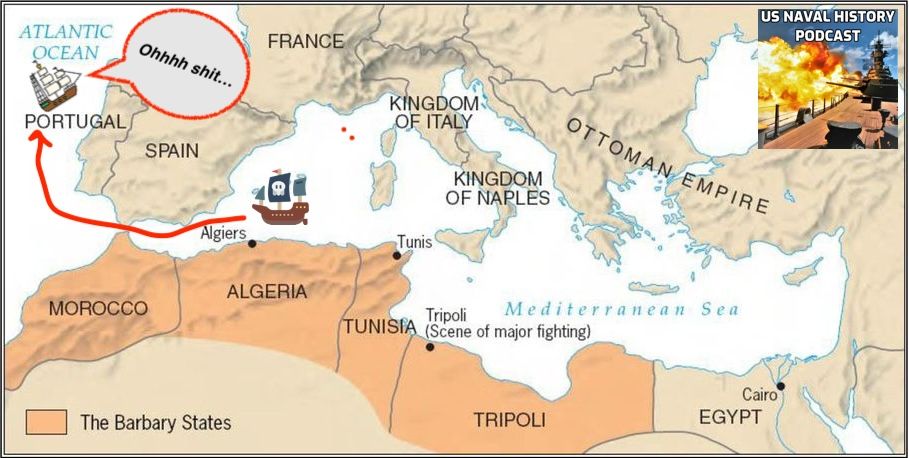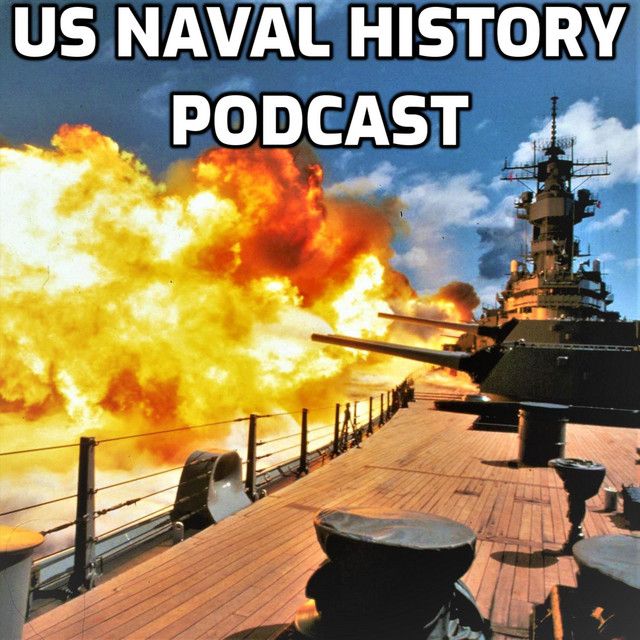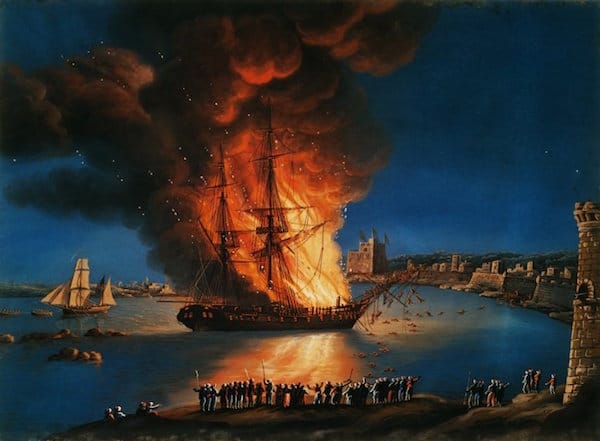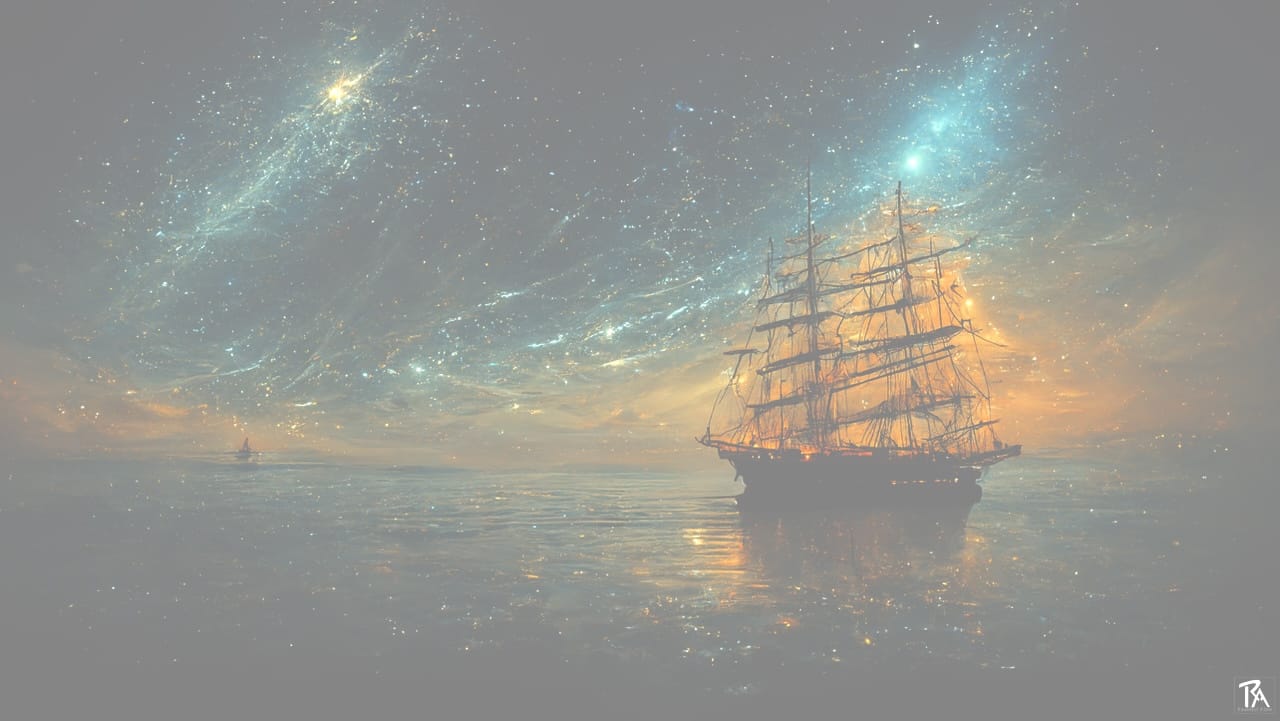My second ever episode when I knew next to nothing about podcasting.
This post picks pick up where we left off after American Independence and takes you through the Quasi-War against France and the US Navy actions in the first Barbary Wars against the pirate states of North Africa featuring bribery, coups, battles, and the story of what legendary British Admiral Nelson called “the most bold and daring act of the age.”
The Day the Navy Died
After independence the Continental Army largely disbanded and the militia returned to their farms and families. Privateers became merchantmen and the few surviving ships in the Continental Navy were sold off. The last ship in our new nation’s navy, the Alliance of Flamborough Head infamy, was auctioned off in 1785 and entered service as a merchant in the rapidly growing China trade. The United States of America would not have a single ship in her navy for the next 12 years. The weak government formed under the Articles of Confederation could simply not afford a navy, even if there had been any public support for such a large and continuous expense in the first place.
Meanwhile, the shipping industry, which patriotic propagandists had promised would flourish after the removal of British taxes and trade restrictions, now had to face the hard reality of no longer being part of the British trading system. Export access to Britain’s hungry West Indies slave colonies devoted to the production of sugar and coffee had accounted for more than two thirds of American agricultural exports. No longer part of the British empire, these ports were closed to American-flagged ships after the Peace of Paris. British merchants by law could no longer have their ships built in American shipyards, which collapsed the American shipbuilding industry. With Europe at peace and traditional export markets closed, American trade volumes fell by half and New England in particular fell into a deep post-war economic depression. It was this depression which caused debt-ridden farmers in western Massachusetts, led by Revolutionary War veteran Daniel Shay, to rise up in what is today called “Shay’s Rebellion” and helped propel the replacement of the weak Article of Confederation with the Constitution that we all use, with the addition of 27 Amendments, today. Among the powers the Constitution grants Congress is the ability to “provide and maintain a navy.”

The second major effect that Independence had on American commerce, was that while flying the American flag from you mast may have made a seaman’s heart fill with patriotic pride, it also left the ships without the protection of the Royal Navy, a fact the British publicized widely. It soon became clear the Stars and Stripes were ever only seen atop defenseless merchantmen and never atop warships. Almost immediately after independence American shipping began suffering at the hands of the Barbary pirates, known as corsairs, of North Africa. The Barbary states of Tripoli, Tunis, Algiers and Morocco were nominally part of the Ottoman Empire, but in reality, were largely autonomous. With their backs to the desert and very little agriculture or industry, the traditional livelihood of these city-states was piracy, along with the enslavement of crews, against foreign merchantmen who plied the Mediterranean.
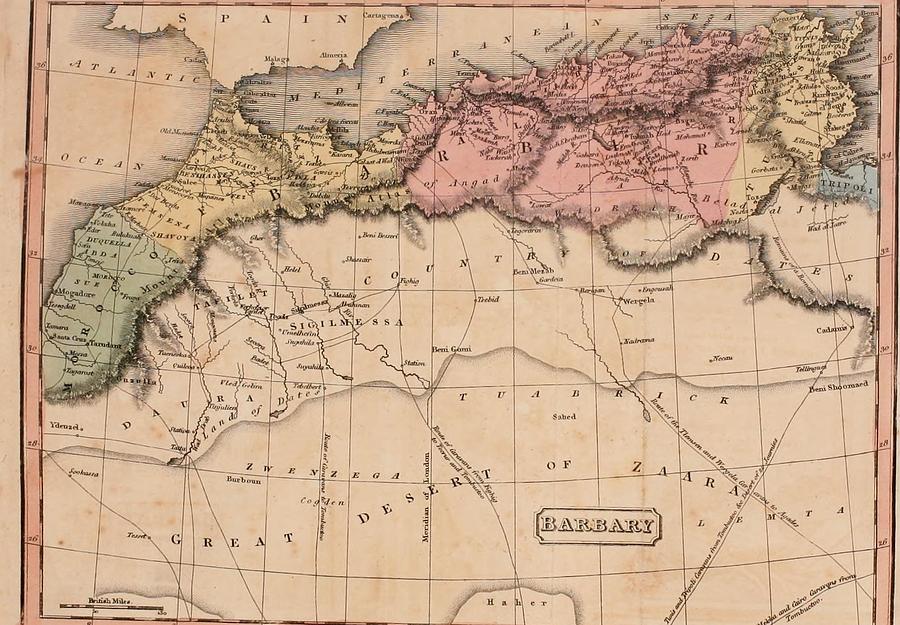
Most European powers tolerated the Barbary states and made an annual tribute to the four pirate-states because it was cheaper than pursuing a war and actually defending the trade routes in times of peace. After independence, the news of the horrible conditions captured American crews were being held in as slave laborers caused public demand for a solution, somewhat hypocritically considering the thriving African slave trade in the colonies. Negotiations dragged on for years with Congress unwilling to either pay the tribute or fund a navy capable of forcing the corsairs to heel. In the meantime, American merchantmen steered clear of Mediterranean trade routes.
Unfortunately, the scourge of Mediterranean piracy would not stay limited to the Mediterranean for long. In 1789 the Bastille was stormed and the French Revolution, precipitated in part by the crushing war debt and subsequent taxes caused by France’s wars with Britain, was initially welcomed and seen by the American public as a sign that our ideals were spreading. Soon however, pride transformed into disgust as the French Revolution devolved into a bloody mess and drew Europe again into war. In 1793 British diplomats convinced the Portuguese to enter into an anti-French coalition. The Portuguese had previously been blockading the Strait of Gibraltar, which form a choke point into and out of the Mediterranean, against Algerian pirate ships. To free up resources for a fight against the French, the Portuguese signed a treaty with the largest Barbary state, Algiers, allowing the previously blockaded Algerian pirate fleet of eight ships to sail past the Strait of Gibraltar and into the Atlantic. In just the first three weeks ten American ships were captured. American merchant-captains panicked and demanded action from the government.
